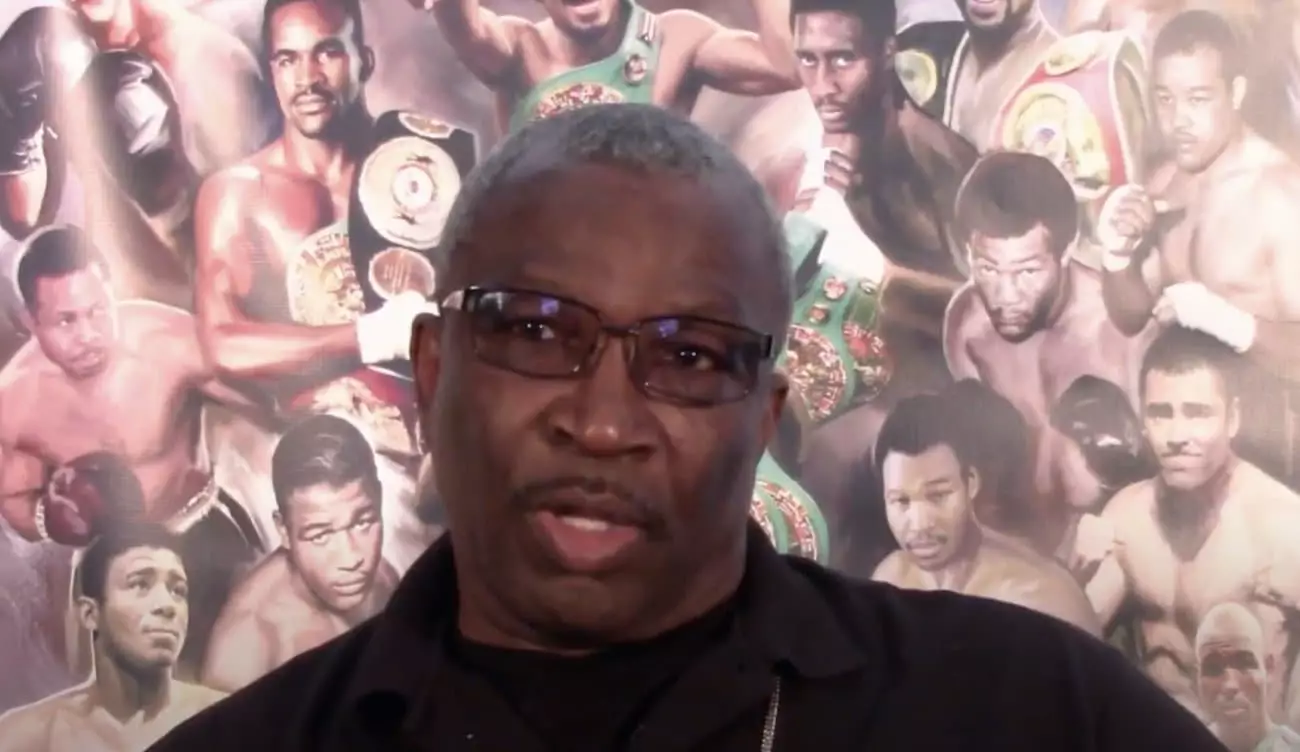Mike Weaver, known in the boxing world as “Hercules,” embodies the spirit of resilience and determination. His journey through the brutal arena of heavyweight boxing was marked by a tumultuous start, with an uninspiring record of 5-5 in his first ten professional bouts. This rocky initiation would deter most fighters, but for Weaver, it only fueled his drive to succeed. The former Marine, who bravely served in Vietnam, exhibited the fortitude required to persevere in both the ring and life.
Weaver’s defining moment came in June of 1979, during a thrilling bout against defending WBC heavyweight champion Larry Holmes. Contrary to expectations, Weaver showcased his tenacity, pushing Holmes to the limits in a performance that would resonate in the hearts of boxing fans. Although his valiant effort ended with a loss in the twelfth round, it marked the beginning of an impressive ascent for Weaver, as he built upon this experience to claim his place in heavyweight history.
The turning point in Weaver’s career came in March 1980 when he faced John Tate for the WBA heavyweight title. This fight has gone down in history, as Weaver pulled off a last-minute knockout victory that stunned fans and critics alike. With just 45 seconds remaining in the fifteenth round, Weaver delivered a career-defining left hook that sealed his championship status. For a man who had once struggled, this victory was a testament to his skill and determination, as well as his capacity to deliver under immense pressure.
Weaver didn’t settle for this achievement; he successfully defended his title twice before facing a controversial and premature stoppage against Michael Dokes in December 1982. Their rematch yielded a disputed draw, putting Weaver in a position that many would find disheartening. Yet, despite these setbacks, he maintained a reputation as a fierce competitor, regularly engaging in hard-fought bouts that entertained audiences worldwide.
In a recent interview with Eastside Boxing, Weaver shared insights on his experiences in the ring and his relationships with other heavyweight legends. He mentioned George Foreman, a fighter he had the privilege of sparring with, as one of the hardest punchers he ever encountered. Weaver described Foreman’s power as “awesome,” encapsulating the strength that made Foreman a formidable opponent.
Weaver’s rankings extended to other legendary boxers, including Sonny Liston and Earnie Shavers. Reflecting on his encounters in the ring, Weaver observed, “It’s all a matter of perspective,” acknowledging that opinions on punch strength and technique vary among boxers. He recalled a sparring partner who claimed Weaver hit harder than Shavers, sparking a light-hearted debate about who truly possessed the most formidable punch.
More than just stats and achievements, Weaver’s ability to connect with fellow fighters humanized him, revealing a deep respect among boxing peers. His recognition of talent sets a tone for collaboration and camaraderie that transcends competition in the sport.
Weaver’s boxing legacy is not solely tied to his championship titles or notable victories; it also extends to the influential relationships he formed along the way. The lessons he learned from renowned fighters like Ken Norton, who advised him to take his career seriously, reflect how mentorship plays a pivotal role in athletic development.
Throughout his career, Weaver battled numerous opponents, including modern heavyweights such as Lennox Lewis, Deontay Wilder, and Mike Tyson. Although he faced many of these top fighters later in his career, he expressed conviction that his earlier days would have lined up differently against them, had he fought in his prime.
Despite stepping away from the ring and watching boxing evolve over the years, Weaver remains invested in the sport. His enjoyment of heavyweight fights endures, even if he admits to being out of the loop with current champions. His humble admission, “I don’t even know who the heavyweight champion is today,” reminds fans of his grounded nature.
As Weaver reflects on his life, he recognizes the potential for storytelling in his journey. Instinctively, he acknowledges that his experiences—both in and out of the ring—could serve as the foundation for a captivating biopic. These sentiments reveal the importance of sharing one’s narrative, providing inspiration for future generations of athletes who may face adversity.
Ultimately, Mike Weaver’s story is one of grit, determination, and the pursuit of greatness against all odds. As he continues to inspire those who hear his tale, we remember him as not just a champion in the ring but also a relentless spirit who overcame adversity and left a permanent mark on the sport of boxing.

